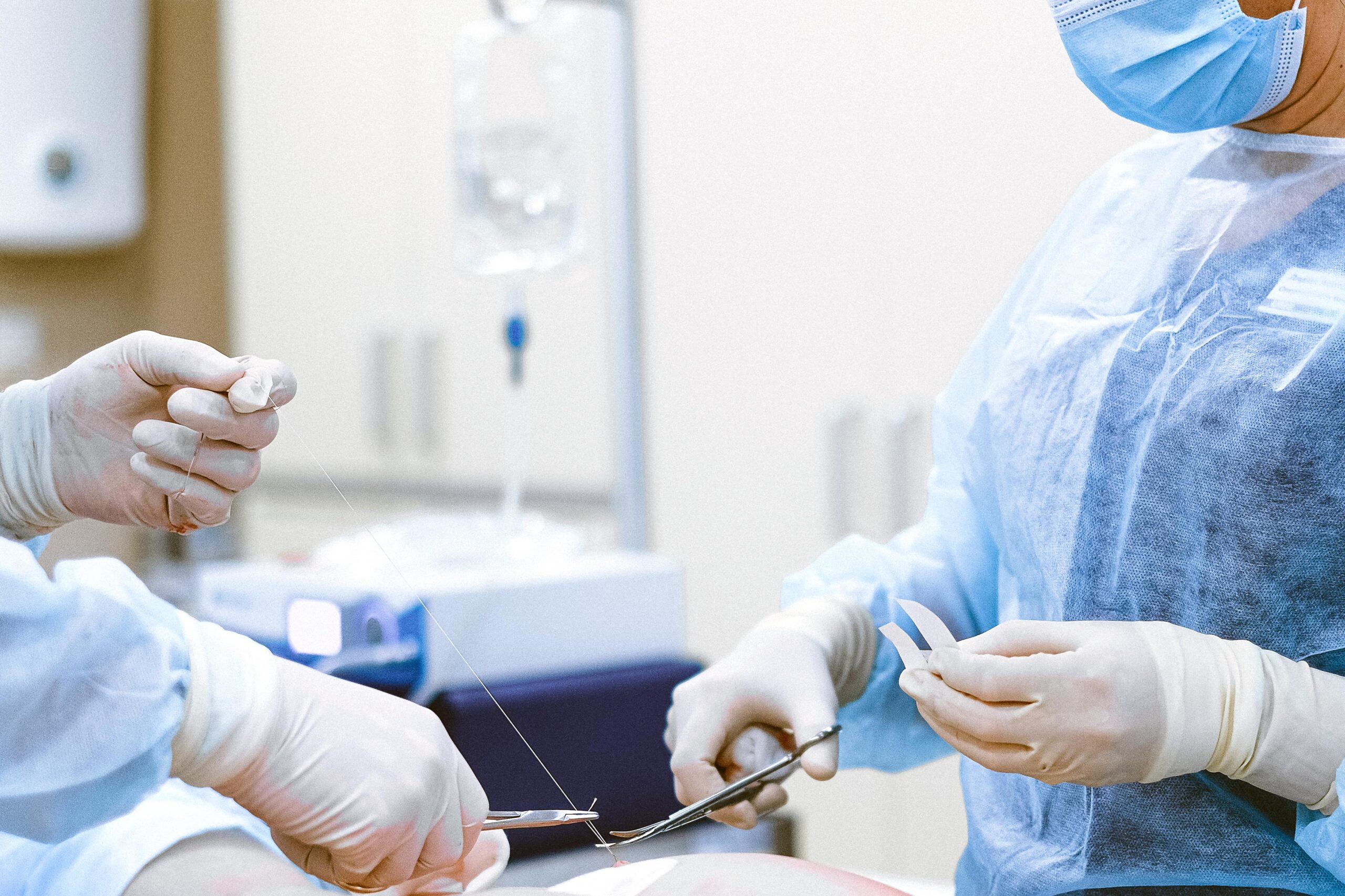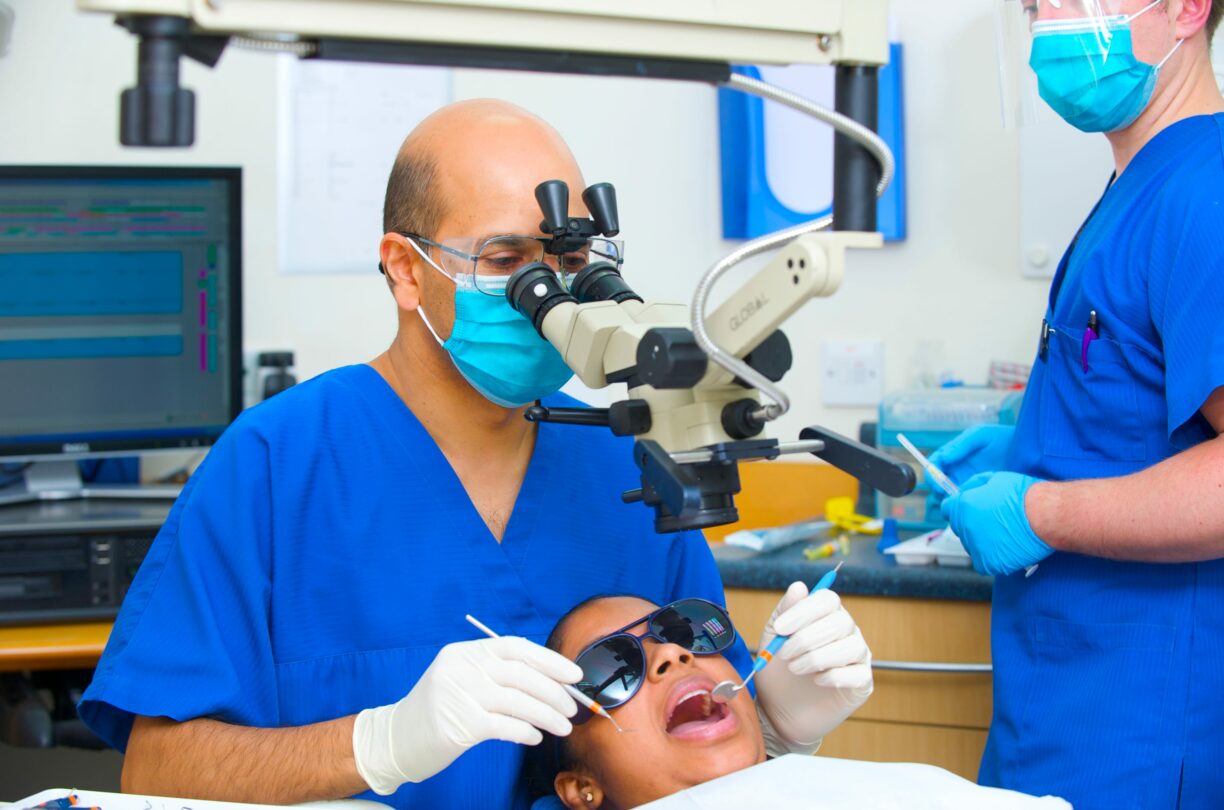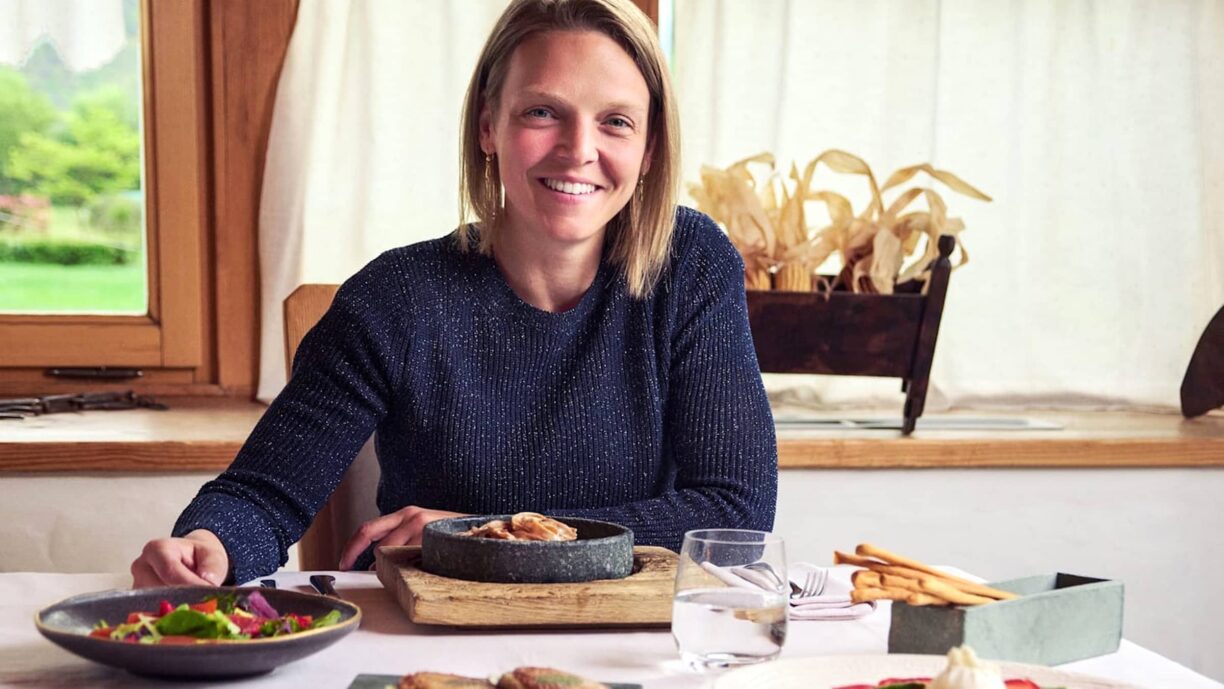The Coronavirus lockdown has triggered a significant rise in the number of people looking for cosmetic surgeries and treatments, according to one of the UK’s leading cosmetic surgeons.
As lockdown restrictions have eased in various countries, clinics across the world have reported a major influx of new customers, with people’s self-care routines and attitudes to beauty and self-image being considerably impacted by life in lockdown.
In many territories, clinics are now able to carry out various procedures, but with the beauty sector in the UK still on hold, thousands of people in the UK are keen to book clinic appointments and undergo cosmetic procedures.
One of the leading aesthetic surgeons in the UK, Dr. Olivier Amar, is one surgeon who has witnessed a significant surge in demand for a range of treatments, including liposuction, Botox, dermal fillers and body contouring.
According to Dr. Amar, his cosmetic treatment company Uvence has built up extensive waiting lists, with Dr. Amar and his fellow surgeons carrying out numerous video consultations with future clients on a daily basis, in an effort to cope with an increase in demand while following government guidelines.
Now, Dr. Amar explores some of the reasons behind the sharp increase in demand for cosmetic treatments in lockdown, and discusses the mental health implications that lockdown has had on the nation’s self-image:
“As an area that relies so heavily on personal interactions and close proximity, the pandemic had a devastating effect on the beauty industry and resulted in people being unable to access any kind of cosmetic treatment for several months.
For many people, cosmetic procedures have a considerable role to play in building confidence and a good self-image, with some procedures (particularly non-invasive dermal fillers and Botox) becoming a major cornerstone of one’s beauty regime.
With such treatments completely inaccessible in lockdown, many patients have experienced higher levels of stress and anxiousness, as ones’ mental health is often intertwined with physical wellbeing and appearance.
Furthermore, the sudden shift to working from home has led many people to rely on video calls, which psychologically are very similar to sitting in front of a mirror all day and ultimately present endless opportunities for self-critique.
Living in such a state of hyperawareness of one’s physical attributes and imperfections has caused many people to develop a desire to alter or enhance their appearance.
Whilst unable to carry out any procedures in lockdown, myself and my colleagues have instead offered video consultations – we have found this to be an extremely beneficial practice, as we are able to communicate and interact with patients and help them to manage their concerns and worries, and provide reassurance.
At Uvence, we have also offered a waiting list, so patients are able to sign up for personal consultations as soon as the clinics can return and organise their treatment.”
Moreover, with the beauty industry unable to actively treat patients in lockdown, the pandemic has enabled industry experts to develop and innovate new treatments.
Dr. Amar says that the time away from the operating room has freed up time which has been dedicated to exploring new treatment options and reflecting upon areas for improvement and innovation:
“Whilst preventing us from working with patients, the pandemic has given surgeons and clinics more time to focus on developing the range of treatments that they offer, in preparation for the imminent return of the beauty industry in a post-Covid era.
When clinics reopen and the sector begins to move again, it will be under a completely new set of circumstances and experts in the industry must think about the long-term development of treatments and procedures.
I believe that the standardisation and regulation of the industry is one of the key areas that must be developed, as this will ensure safety and security in clinics across the country and form secure foundations from which we can develop new, innovative treatments.”





